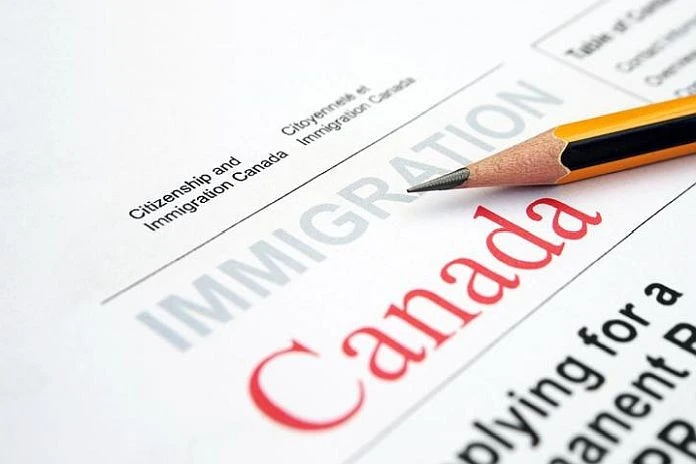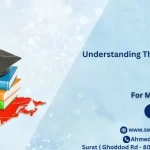Immigration, Refugees and Citizenship Canada (IRCC) has announced that is implementing a temporary cap on the number of international students who are issued study visas.
A release from IRCC shows that for 2024, the cap is “expected to result in approximately 360,000 approved study permits, a decrease of 35% from 2023.”

Further, IRCC is introducing caps for each province and territory. The department says the caps will be weighted by population and will result in significant decreases in provinces where the international student population has seen the most unsustainable growth.
The caps will not impact current study permit holders or study permit renewals and do not include those pursuing master’s and doctoral degrees.
IRCC says that as of today, January 22, 2024, every study permit application submitted to IRCC will also require an attestation letter from a province or territory (PT). PTs are expected to establish a process for issuing these letters no later than March 31, 2024.
The department says it will reassess the cap in 2025.
Changes to eligibility criteria for Post Graduation Work Permits
IRCC has also announced changes to the eligibility criteria for the Post Graduation Work Permit (PGWP).
Starting September 2024, international students starting a study program that is part of a curriculum licensing arrangement will no longer be eligible for the PGWP.
IRCC has explained that under curriculum licensing agreements, students physically attend a private college that has been licensed to teach the curriculum of an associated public college. Although these programs have attracted international students in recent years, they have less oversight than public colleges and therefore are a loophole to eligibility for the PGWP.
IRCC has also announced that international students who have graduated from master’s programs or other short graduate-level programs will be able to apply for a 3-year work permit.
Under the current criteria, the length of a PGWP is based on the length of the individual study program. This criteria materially limits master students as it shortens the amount of time they are eligible to gain Canadian work experience and eventually transition to permanent residency.
In the upcoming weeks, the department will also release more details regarding open work permits for the spouses of international students. IRCC says that open work permits will only be available to spouses of international students in master’s and doctoral programs.
The spouses of international students in other levels of study, including undergraduate and college programs, will no longer be eligible.
Challenges to system integrity
The measure was widely anticipated as Immigration Minister Marc Miller began publicly discussing the possibility in the summer of 2023 and again in a December release.
“Ahead of the September 2024 semester, we are prepared to take necessary measures, including limiting visas, to ensure that designated learning institutions provide adequate and sufficient student support as part of the academic experience.”
He went further and said in an interview with CTV news last week that he would be announcing measures regarding temporary residents, particularly international students, in the first quarter of this year.
There has been growing pressure on IRCC to take action around the number of international students in Canada. The minister has said that the volume of students poses a challenge to the integrity of the system. In the CTV interview, he said some institutions had people from outside the country “paying a premium dollar to and not necessarily getting the education they were promised.”
The latest IRCC release says that “some institutions have significantly increased their intakes to drive revenues, and more students have been arriving in Canada without the proper support they need to succeed.” It further notes that rapid increases in the number of international students arriving in Canada also put pressure on housing, health care, and other services.
International students in Canada
Canada admitted over 800,000 international students in 2022 and the minister projected that that number would rise to over 900,000 in 2023.
The minister told CTVs that the system was “out of control” and that IRCC had been working to “get our own house in order federally.”
He also voiced concerns regarding a “permissive” designated learning institution (DLI) structure within the provinces and said that provincial governments needed to have “robust” discussions with their DLIs. DLIs are the only post-secondary institutions in Canada that are allowed to admit international students. There are over 1,000 DLI’s in Canada, with 529 of them in Ontario.
In December IRCC made other changes to the international student program including doubling the cost-of-living requirement for international students from 10,000 to $20,635. The department said this would help international students better prepare for the actual cost of living in Canada.
Further, IRCC is expected to implement a Trusted Framework Agreement with DLIs in time for the 2024 academic season. Eligible DLIs will benefit from expedited processing for study permits.
Resource: https://www.cicnews.com/2024/01/breaking-ircc-to-announce-a-two-year-cap-on-admissions-for-international-students-0142492.html#gs.3eoket




